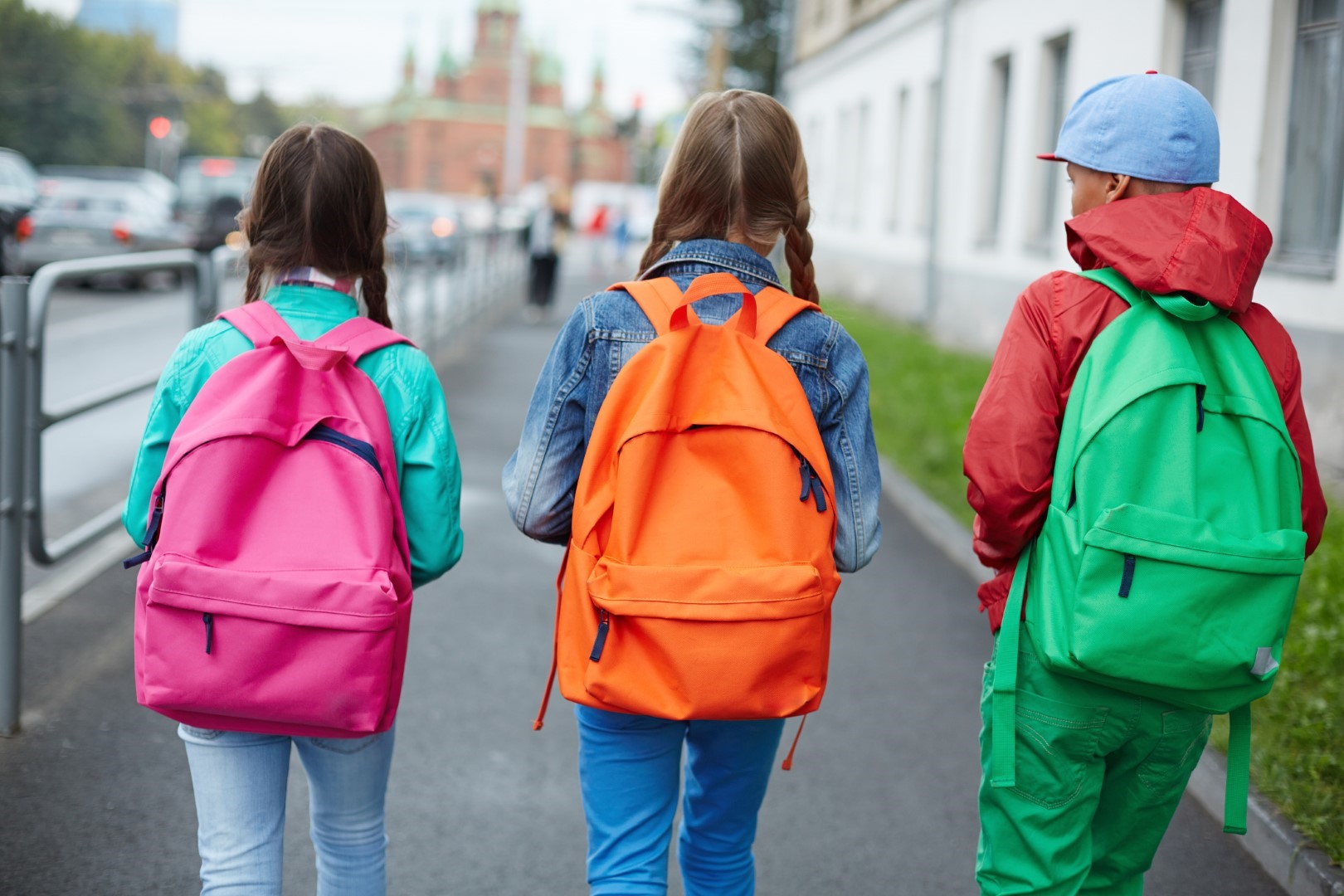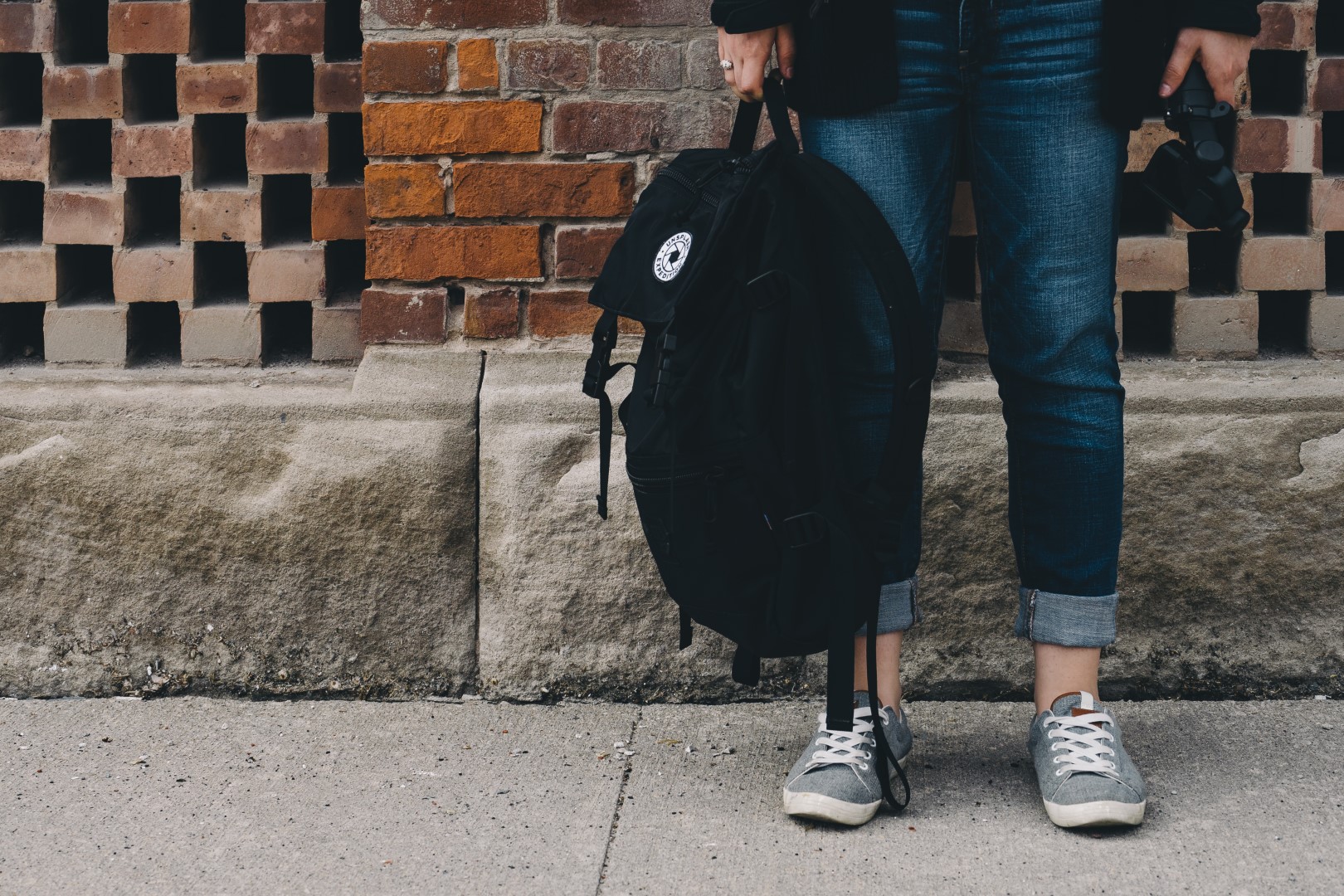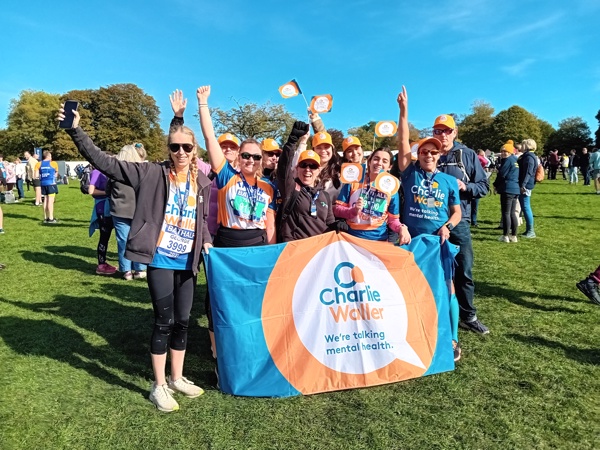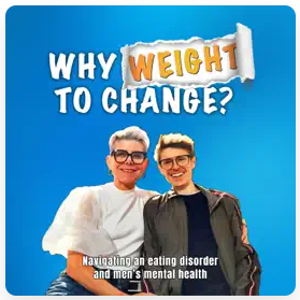Lost generation? Changing the narrative
March 09 2021

You don’t have to delve far into today’s news agenda to encounter an increasingly doom-laden view of the effect the pandemic has had on children and young people. Phrases such as the ‘lost generation’ and ‘fallen behind’ abound, along with pronouncements that young people must ‘catch up’ and that their chances of a job have all but gone.
I have a real concern about this prevailing narrative and how it is catastrophising the situation for children as we begin to come out of lockdown. The more we tell children that this is how it’s going to be, the more it will become so.
During the Second World War, children faced far more trauma and were far more lacking in education. Yet we didn’t say this was a lost generation; we admired their resilience and, while acknowledging that they had been through some terrible times, recognised that they had come out stronger.
Surely this should be no different?


We need to change the narrative – otherwise it’s going to be really hard for children as they go back to school, where they’ll be facing a barrage of testing and the prospect of having to complete schoolwork during the holidays. What children really need is to be able to play together and to be with their friends. That’s not to say the academic side isn’t important but we know that children learn a huge amount through other activities and from outside school too. And evidence shows that good mental health correlates positively to academic achievement.
If you believe the news, we’re going to be facing a tsunami of mental health problems; actually most children will be fine. We do know that there are some worrying increases in reported mental health problems amongst children and young people. We know that those children and young people who were more vulnerable or experiencing mental health problems before the pandemic will have fared relatively worse since. We also know that factors such as poverty, social disadvantage, gender and race can lead to poorer mental health. It is therefore crucial that we make sure, as a society, that we provide well-resourced, targeted services to help them recover.


There is a danger, in this language of tsunamis and an entire generation of ‘lost’ children, that we lose our focus on what is really needed in terms of young people’s mental health: well-funded, evidence-based treatment for those who need it, and good training and support for those with responsibility for children and young people, including parents, carers, teachers and health professionals.
It’s so important that we don’t create an expectation of negativity which, inevitably, children will pick up on and begin to believe themselves. We need to change the narrative to one of hope and optimism as our children return to school.
Related
Popular
Upcoming event

Join us for the Bath Half Marathon to support young people and their mental health!

The Charlie Waller Trust
The Charlie Waller Trust is a registered charity in England and Wales 1109984. A company limited by guarantee. Registered company in England and Wales 5447902. Registered address: The Charlie Waller Trust, First Floor, 23 Kingfisher Court, Newbury, Berkshire, RG14 5SJ.
Copyright © 2025 The Charlie Waller Trust. All rights reserved.






